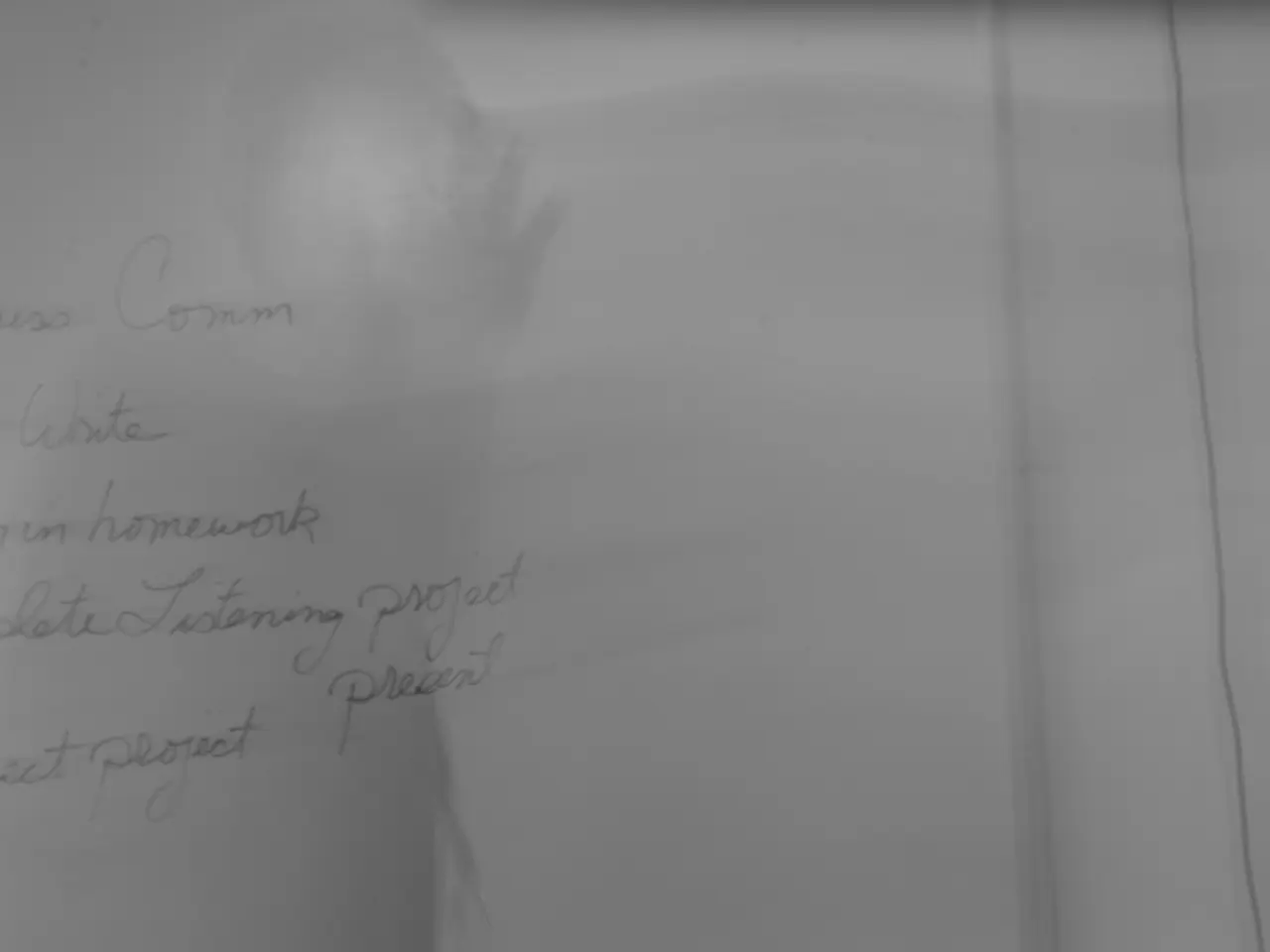Import duties are a form of taxation and should be subject to legislative scrutiny
The Federal Circuit Court of Appeals has made a landmark decision that limits a president's authority to impose tariffs unilaterally. In a ruling that reinforces accountability mechanisms in American governance, the court has stated that the International Emergency Economic Powers Act (IEEPA) does not authorise unlimited tariffs at the president's direction.
The IEEPA, enacted in 1977, was designed to respond to foreign emergencies, not to craft tariffs or exercise broad economic authority. The court's decision protects both the constitutional structure and the economic liberty of millions of Americans, ensuring economic growth in a global economy.
President Trump sought to use the IEEPA to impose or adjust tariffs unilaterally, bypassing Congress and rewriting statutory limits. However, the court's decision puts the government's appeal on hold until October 14, allowing a chance for review by the Supreme Court.
The court's ruling addresses a pattern of presidents invoking emergency statutes for long-term policy goals, which undermines the rule of law and separation of powers. The decision reaffirms the role of Congress in imposing tariffs, a power explicitly granted by the Constitution and historically exercised due to its national impact.
Unilateral authority to impose tariffs creates uncertainty for businesses, complicating supply chains and investment decisions. Economic certainty is essential for growth, especially in a global economy, and is only possible when the executive branch is bound by law.
The tariffs imposed by President Trump did not address the claimed emergency as required by statute, making the law a tool of ongoing policy. This misuse of the IEEPA threatens not only constitutional norms but also economic stability and national financial well-being.
The ruling is a victory for the separation of powers and accountable governance. It restores democratic accountability, ensuring that any tariff increases must be debated openly in Congress. Businesses and consumers can now plan, invest, and operate with confidence, knowing tariffs will be subject to legislative debate and public scrutiny.
The government has asked the Supreme Court to take the case on an expedited basis. If upheld, the decision could have significant implications for future presidential actions, emphasising the importance of checks and balances in American governance.
Read also:
- Lu Shiow-yen's Challenging Position as Chair of the Chinese Nationalist Party (KMT) Under Scrutiny in Donovan's Analysis
- EU Set to Make Decisions Regarding Georgia's Future
- Government will initiate the second phase of combined inoculation in 11 states deemed high-risk, scheduled from September 11 to 14.
- Contest Between Palmer and Frohnmaier: Expert Predicts No Clear Winner and a Flawed Structure








